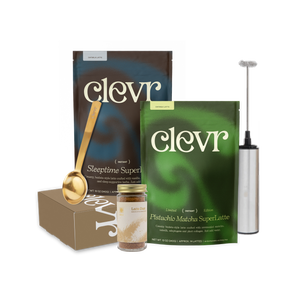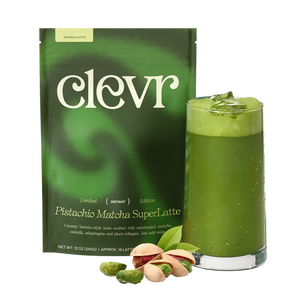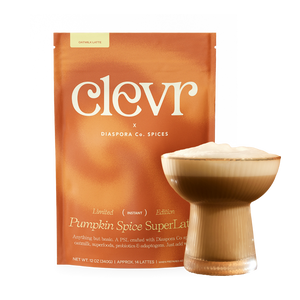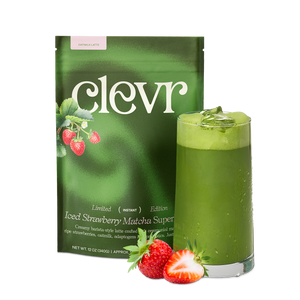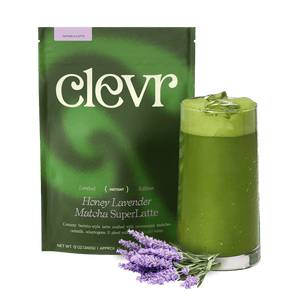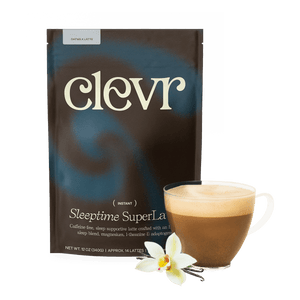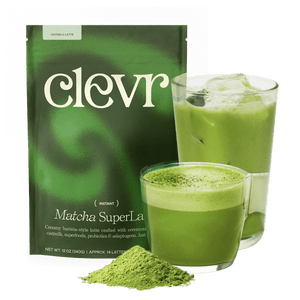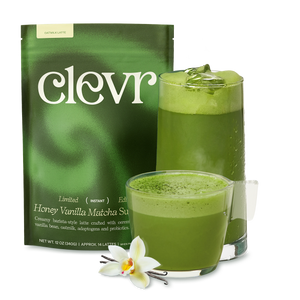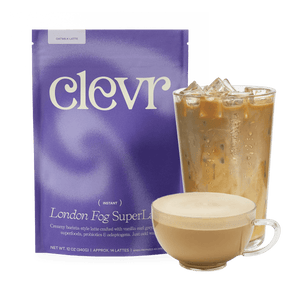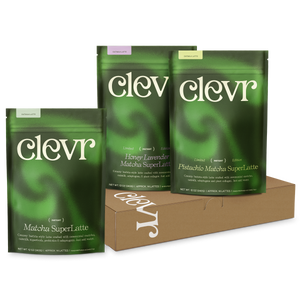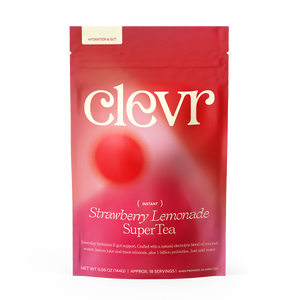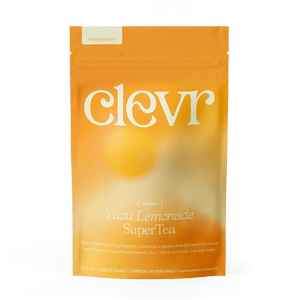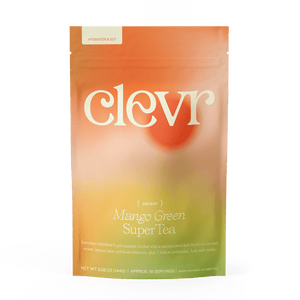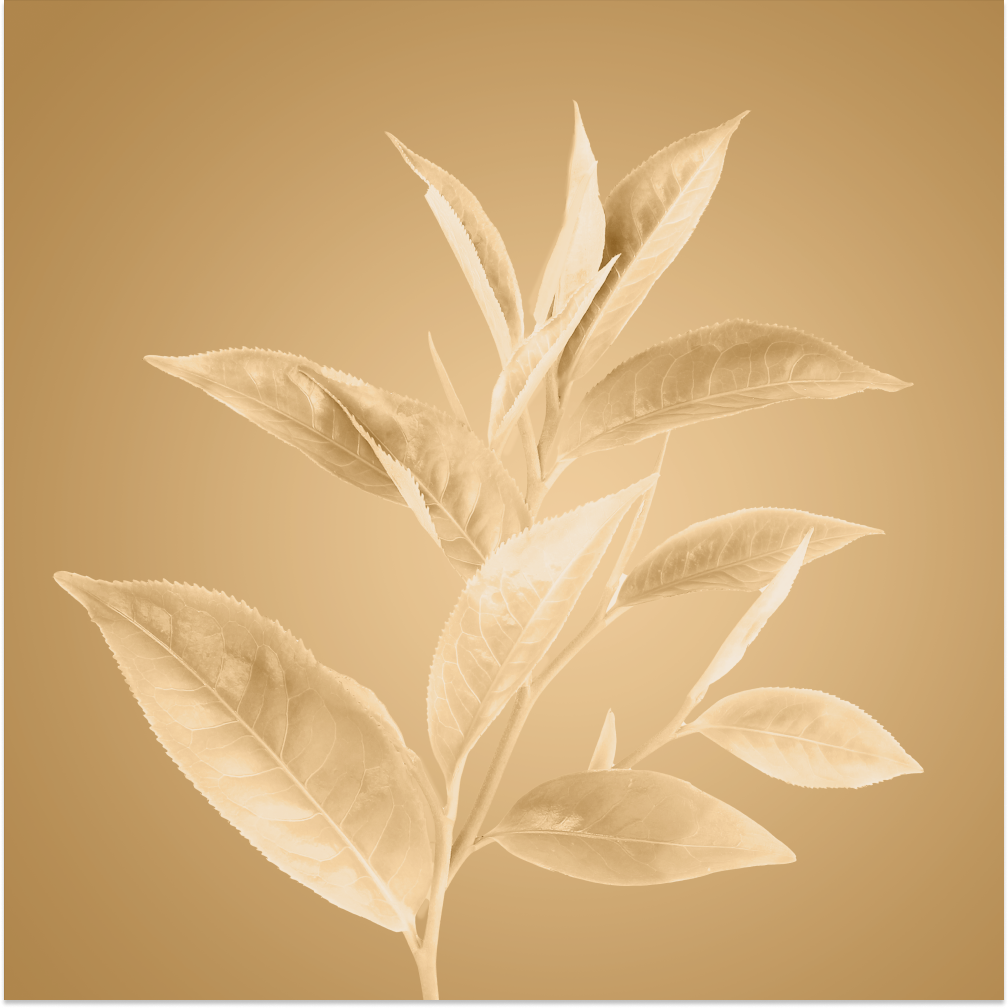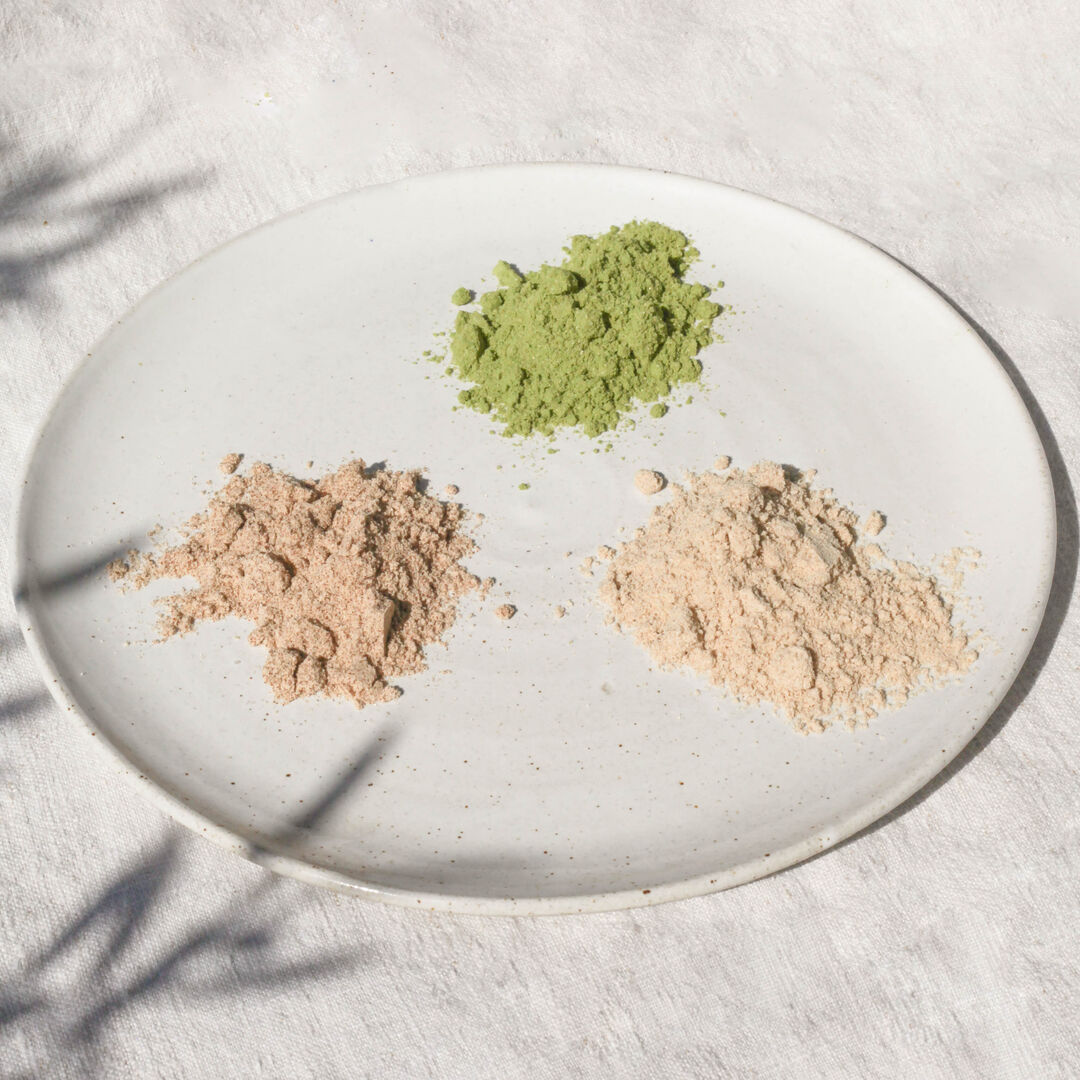
What the Heck are Adaptogens Anyway?
A naturopath explains how these powerful mushrooms & herbs can support you through stress in your life. Call it Adaptogens 101!
Most tips for reducing stress nod to what’s going on outside your body. Cut down on screen time, exercise more, breathe in–breathe out, and repeat. But to target stress from the inside, we look to adaptogens, herbs and plants that — you guessed it — help you adapt, perform, recover, and become more resilient to stressors (physical, chemical, biological, and emotional). And new clinical research is showing just how safe, well-tolerated, and powerful these plants can be.
To help us break down how they work and where to start, we talked to Portland, Oregon-based Dr. Kat Bodden, a naturopath who focuses on environmental medicine, detoxification, and gastrointestinal health.
The History of Adaptogens
Adaptogens have been used in Traditional Chinese Medicine and Ayurveda for many millennia. These two ancient healing modalities are rooted in the idea that health is about balancing the whole body, not just fixing the pain point (Medicinal Research Reviews, 2020). But it wasn’t until 1958 that the term “adaptogen” was coined by Russian toxicologist Dr. Nicolai Lazarev, who was studying the body’s resistance to stress during WWII.
A Solution for Stress
Feel like stress just keeps mounting every year? You’re not alone. Research showed that people suffered from stress more frequently and severely in the 2010s vs. the 1990s (APA, 2020). We can thank student debt, healthcare costs, politics, climate change, and plenty more for that. And COVID-19 has only amplified those feelings (APA, 2020). As stress ramps up, so has a desire to “fix” it, but as Dr. Bodden notes, there’s no medication for chronic stress. So people began looking for things they could do to calm the mind and soothe the body from the inside out. The shift toward holistic remedies has created a lot of excitement around adaptogens.
“It’s so beautiful to see the general public looking for more natural ways of supporting their bodies,” she says. “Herbs work with the body to restore function, rather than working against them.”
It helps that science is showing how effective adaptogens can be. But with the widespread attention comes a lot of misinformation and low-quality products. That means putting on your research hat and getting your Google on. (Plus, we’re here to help with posts like these!)
This is Your Body on Adaptogens
Adaptogens have a normalizing impact on your body. They want equilibrium for your physical and mental states. Working along the HPA axis — your hypothalamus-pituitary-adrenal axis that runs from your brain to your kidneys — adaptogens help regulate spikes of cortisol (the “stress hormone”) during the day and enhance glucose uptake so your cells can put that energy into action. In a nutshell, they protect your cells from the harmful effects of stress signals.
They also balance your immune system, Dr. Bodden says. Stress can wreak havoc on your immunity, but adaptogens increase the activity of T-cells (PubMed, 2016) and B-cells (MDPI, 2020), which are deeply linked to immune health. As if that weren’t enough, adaptogens can also protect liver tissue and, depending on the herb, lower cholesterol and blood pressure, and improve digestion (Medicinal Research Reviews, 2020).
The Real Meaning of “Adrenal Fatigue”
This phrase may be a part of wellness lexicon now, but Dr. Bodden says true adrenal fatigue is Addison’s Disease, a rare disorder where the body is not making enough adrenal hormones. If what you mean is fatigue or burnout, she explains that’s actually HPA-axis dysregulation, a three-phase process that includes the alarm phase (low dopamine and decreased fight or flight response), resistance phase (high cortisol), and exhaustion phase (adrenals that can’t keep up with your body’s demands).
Adaptogens can help balance a dysregulated HPA axis—so long as you pick the right ones. Stimulant adaptogens like rhodiola, astragalus, and licorice increase cortisol (a.k.a. adrenal activity), while sedative adaptogens like ashwagandha and ginseng decrease cortisol.
You might be thinking, “But wait, why would I want more cortisol?” As Dr. Bodden explains, if you’re in phase 3, you may need stimulating adaptogens. It’s all about listening to your body’s needs.
Where To Start
This isn’t a one-size-fits-all situation. Your health history, stress, sleep, diet, and constitution all play a role in how your body reacts to the plants. Unless you’re working with a naturopath or functional medicine doctor, avoid the most stimulating adaptogens. Dr. Bodden recommends starting with balancing options, like:
- Holy basil
- Gotu kola
- Schisandra
- Mushrooms like reishi and chaga
- Ashwagandha (but be careful if you have a nightshade allergy.)
She says mushrooms are most potent in powders and capsules. To make it easy and accessible, we incorporated organic extracts of ashwagandha, as well as reishi and lion’s mane mushrooms in all of our SuperLattes.
But since daily consistency is key, take the form that you like best—capsules, pills, powders, tinctures—and try it for 2-4 weeks before deciding whether it works for you or not. And quality matters! She suggests buying organic to ensure your adaptogens are pesticide-free and through reputable third-party distributors who guarantee quality control. The better the quality, the better your body will absorb the goodness.
Of course, always consult with your healthcare provider before starting any supplements, especially if you take medications. Some adaptogens can interact with certain medications and most herbs (including adaptogens) are typically a no-go in pregnancy.
Ready to get next-level with your adaptogens? In our next post, Dr. Bodden shares her four go-to adaptogens with tips on how you can easily add them to your everyday. Spoiler alert: One of her picks makes for a most delicious mood-boosting mocktail!
